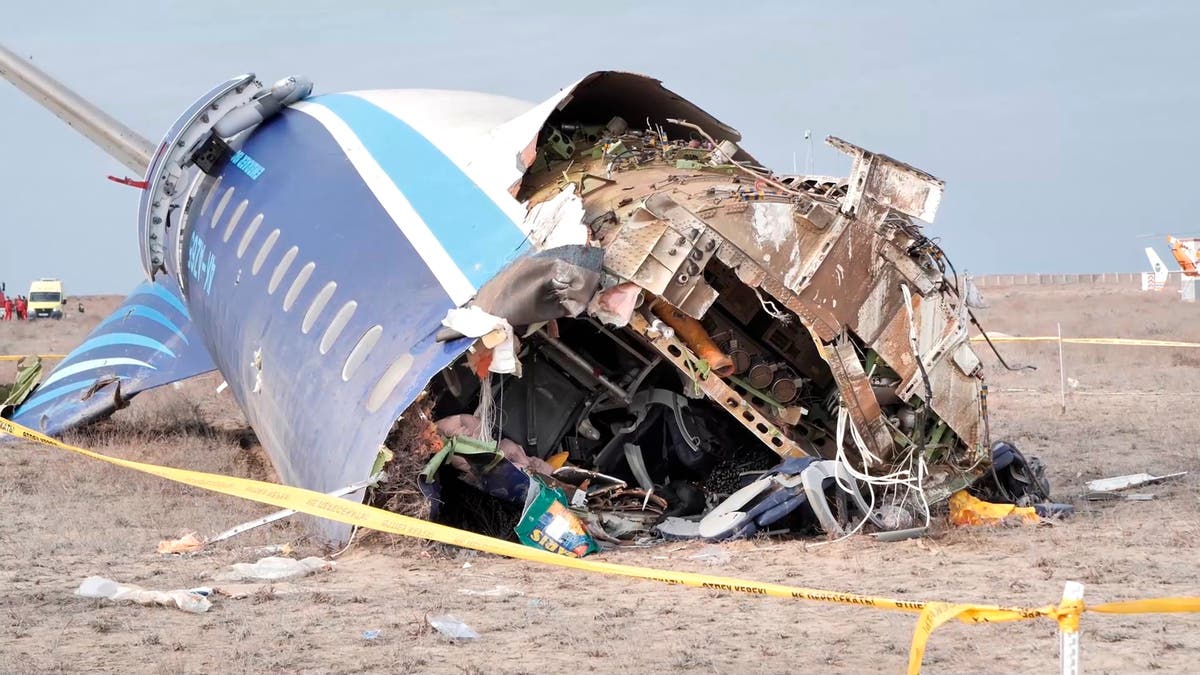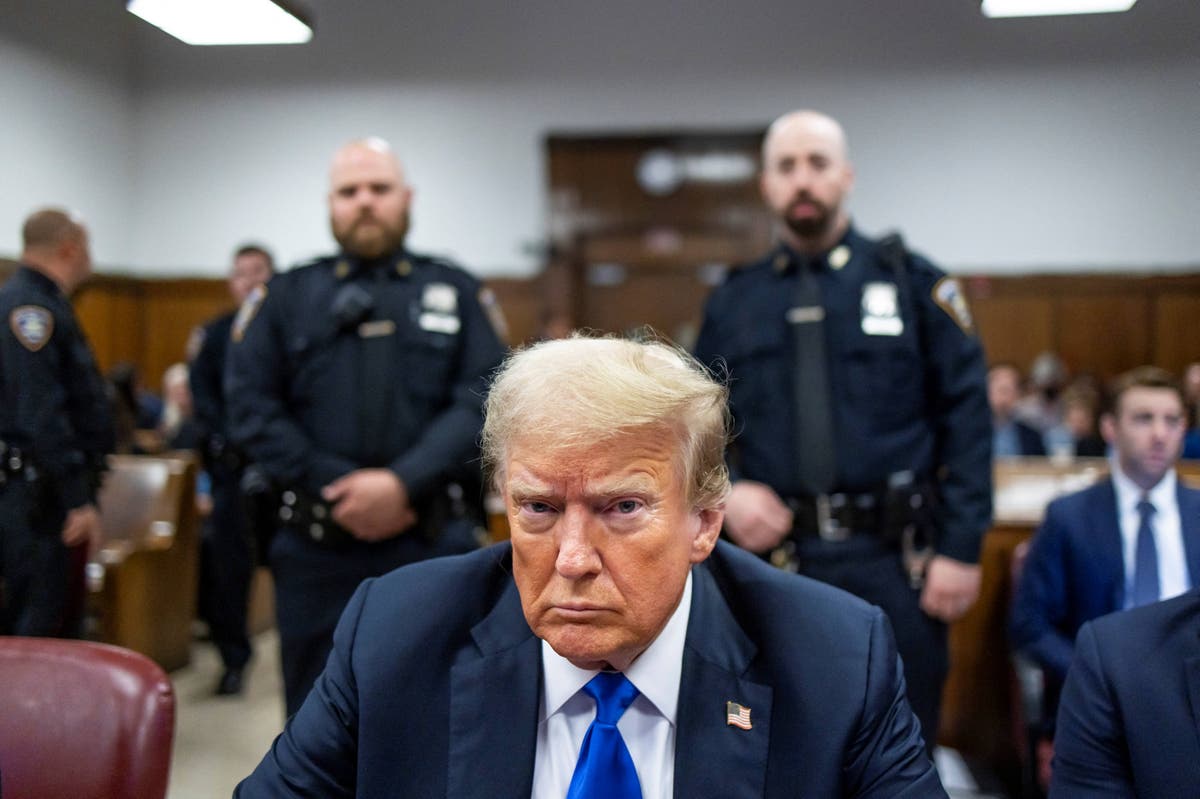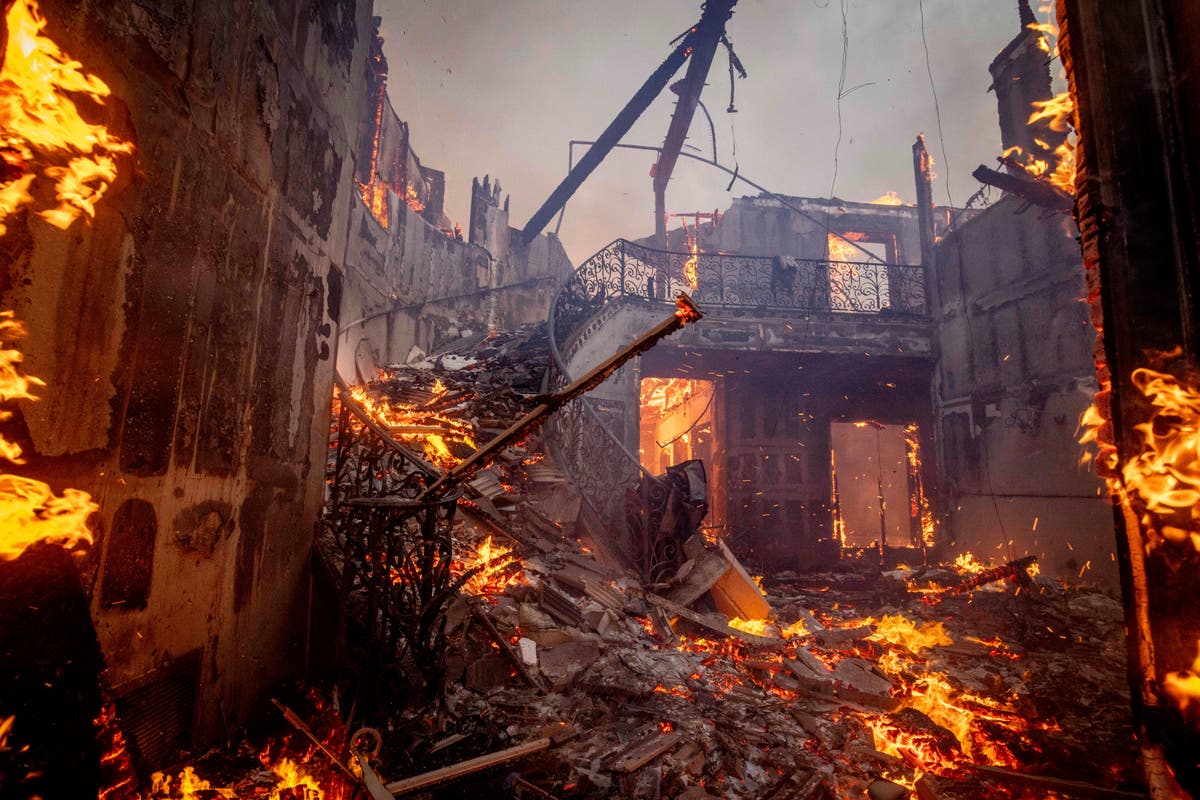International relations are strained as Russia faces accusations regarding the downing of an Azerbaijani airliner and restrictions on its state media channels in several European nations. The plane crash in Kazakhstan, which resulted in 38 fatalities, has triggered a blame game, while the media blackout has sparked condemnation from Moscow.
The disruption of Russian state media channels on Telegram, including Ria Novosti and Rossiya 1, occurred in multiple EU countries. This move follows previous EU bans on the distribution of Russian state media, citing propaganda concerns. Neither Telegram nor EU officials have clarified the reasons behind the disruption.
Russia's Foreign Ministry spokeswoman, Maria Zakharova, denounced the move as an act of censorship, alleging a systematic effort to silence dissenting voices. Moscow has vowed to respond to this perceived suppression of its media platforms, escalating the conflict further.
Meanwhile, Azerbaijani President Ilham Aliyev has directly accused Russia of shooting down the airliner, although unintentionally. He asserts the plane was struck by gunfire in Russian airspace before crashing in Kazakhstan. Aliyev has demanded an apology, admission of guilt, and compensation from Russia, while also seeking an international investigation into the incident.
Adding to the complex situation, Slovakian Prime Minister Robert Fico's recent visit to Moscow has drawn criticism from Ukraine, who accused Slovakia of opening a "second energy front" against Kyiv. This claim arises from a gas transit dispute and has further complicated relations in the region.
Additionally, a former Russian national soccer team member has been reported killed in the ongoing conflict in Ukraine, highlighting the continuing human cost of the conflict. The international community remains watchful as these events unfold, potentially shaping the geopolitical landscape.







